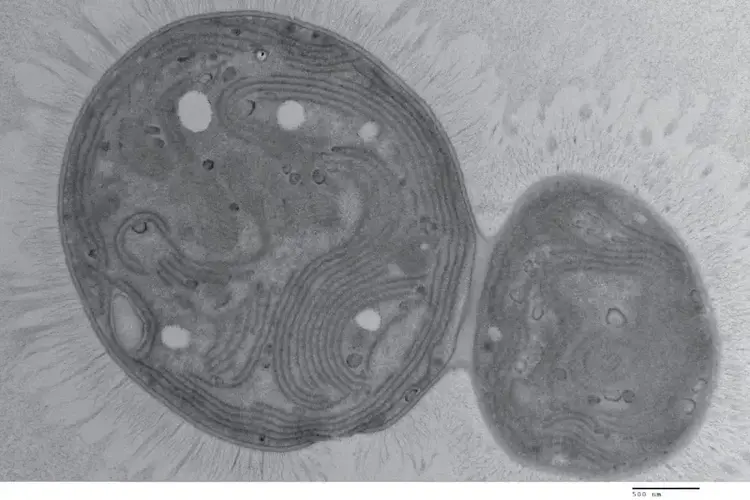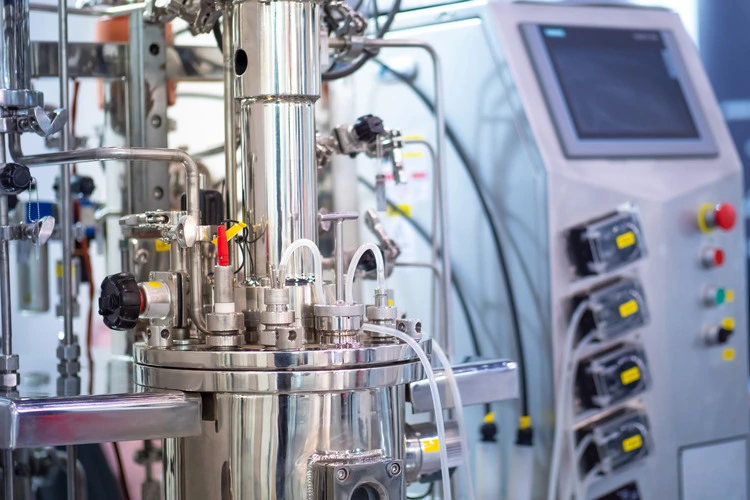
New algae strain, nicknamed ‘Chonkus’ by scientists, could help to sequester carbon due to unique adaptations
By
A new strain of algae has been discovered by researchers in hydrothermal vents off the coast of a Sicilian island, which could help in global efforts to find new methods of carbon sequestration.
The strain of cyanobacteria, nicknamed ‘Chonkus’ due to the hefty size of its cells, was found off the coast of Vulcano in Italy, after a field expedition to obtain water samples from the region.
The waters off Vulcano offer vast quantities of CO2 to marine life due to the shallow volcanic vents there, and it is this which researchers believe made Chonkus – whose strain name is UTEX 3222 – adept at growing rapidly in the presence of CO2.
Check out some more microbe scientific discoveries…
Chonkus produces larger colonies than any previously studied strains of cyanobacteria, as well as containing carbon-filled storage granules in its cells.
While these traits aren’t particularly valuable in their natural habitat, they could spell great news for humans in industrial processing and carbon sequestration. Researchers note that Chonkus could save industries between 15 to 30 per cent of the typical energy costs involved in storing carbon.
‘While further modifications could be made to enhance these microbes’ abilities, harnessing billions of years of evolution is a significant leg up in humanity’s urgent need to mitigate and reverse climate change,’ said Professor of Health Sciences and Technology at Harvard and MIT, George Church.
Small but mighty microbes
Already, organisations have been trying to find fast-growing organisms to be used in carbon sequestration, such as omega-3 fatty acids, spirulina and astaxanthin.
But the newly-discovered Chonkus seems to be trumping these alternatives. Its traits combine together to create a two-fold microbe: able to harvest carbon directly from its environment to use for growth – and thus store carbon and sink large quantities of it to the ocean floor – as well as support bio–manufacturing processes as it can survive in very high temperatures like those near the shallow volcanic vents.

Using microbes to help capture carbon is far more cost-effective than other technologies, with lower operational costs.
Because they can be put into a range of environments, from ponds to bioreactors, the possibilities that microbes can offer for carbon sequestration and other industries are vast. Studies have even shown that certain microbes may play a vital role in helping to save dying honeybee populations.
These natural tools may seem like the next great solution to bettering our planet, but researchers also caution against some of the possible side effects. Introducing microbes in vast quantities may disrupt ecosystems, and carbon storage may not be permanent once microbes die.




